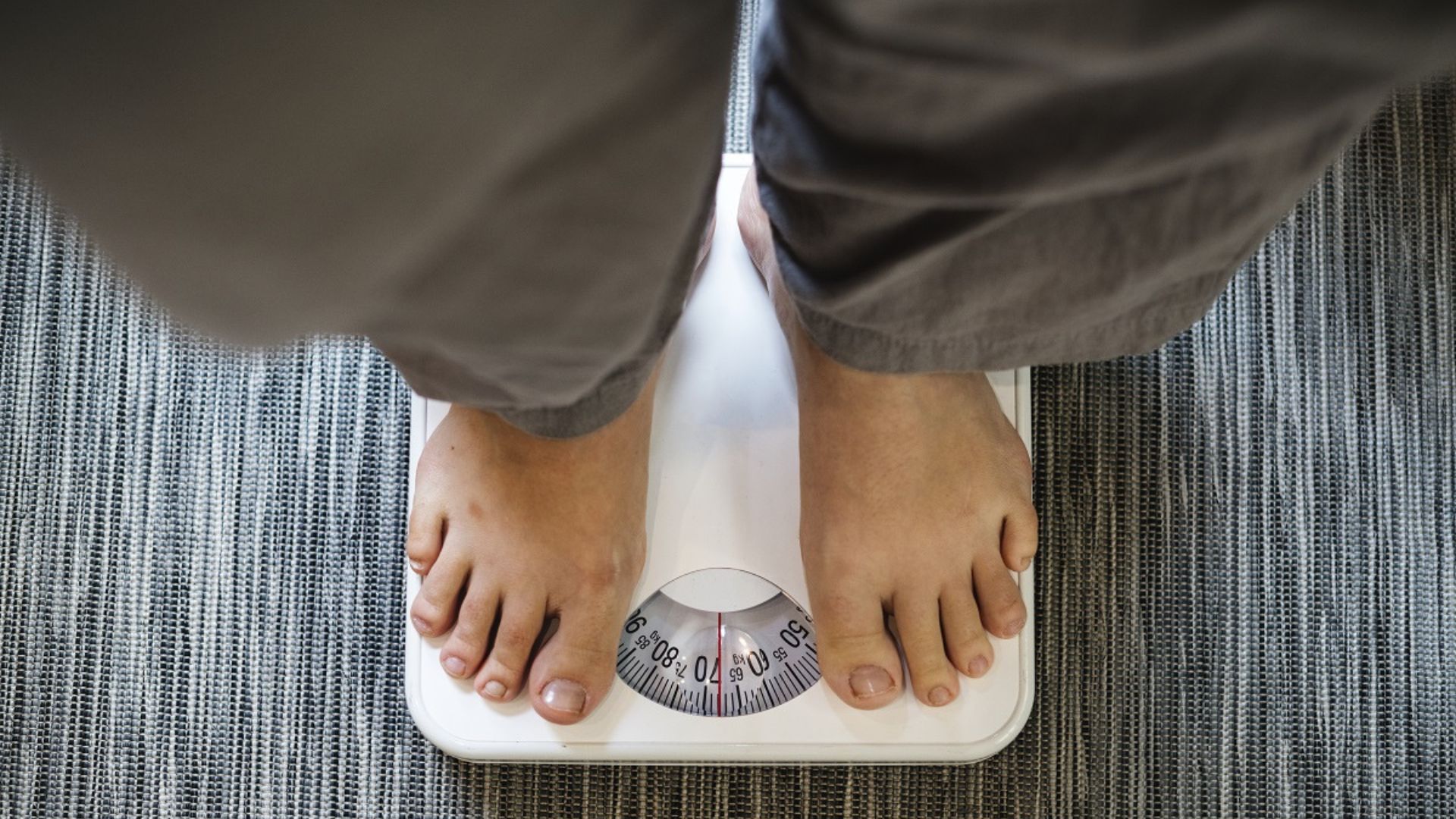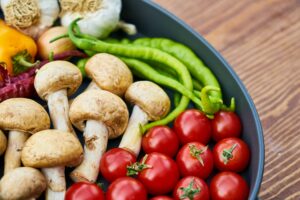After your gastric bypass procedure, you’re going to be put on a diet that is highly restrictive. But you will have to stick to it. So what is this diet, why does it exist, and how should you go about it?
Why Does This Diet Exist?
The gastric bypass procedure is a complicated one that is difficult to recover from. Because it literally reroutes your digestive system, your diet will need to be altered in order to let your body acclimate to the changes.
This diet was created with the patient’s safety in mind, and sticking to this diet is paramount for a successful weight loss post-procedure.
The Diet
Liquids Only
Right after the surgery, your body will not be able to tolerate solid foods and many whole foods will be impossible to digest at this stage.
For this reason, the doctor will prescribe a liquid diet for you for the first few days.
Only water and other clear liquids will be allowed in the initial stage, then you’ll be allowed to graduate to other types of thin liquids like tea, coffee, and broth. You’ll be eating very, very few calories in this stage.
Purees
In this stage, you can take certain foods that you couldn’t eat before and puree them.
It’s wise to stick to fruits, vegetables, and non-meat proteins that blend well. At this stage, chunks in the food will irritate the stomach and cause pain.
This stage has more calories than the liquids only diet, but the calorie count will still be very low. Your doctor will likely recommend this for you for the first few weeks.
Ask your doctor which foods will be allowed for you in this stage.
Soft foods
In this stage, certain foods like ground meat, softboiled eggs, and cooked fish will be reintroduced as they are easy to chew and swallow without leaving large chunks.
The doctor will still require that you avoid foods that are difficult to digest, and you’ll still have to avoid a lot of whole foods.
Reintroduction
After about two months, your doctor will allow you to reintroduce solid foods. They’ll be cut into small pieces and you’ll have to chew them properly.
However, some foods will still be disallowed for some time. These include popcorn, fried foods, tough meats, and dried fruit; but listen to what the doctor recommends!
Guidelines
● Eat and drink slowly. Chew your food carefully and only eat small bits.
● Exercise portion control.
● Avoid foods that your body can’t tolerate.
● Avoid high-fat and high-sugar foods.
● Enjoy beverages between meals, but not during meals.
● Drink enough daily to avoid dehydration.
● Take the vitamins your doctor recommends.



























